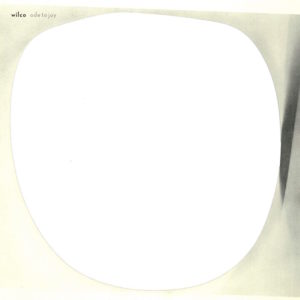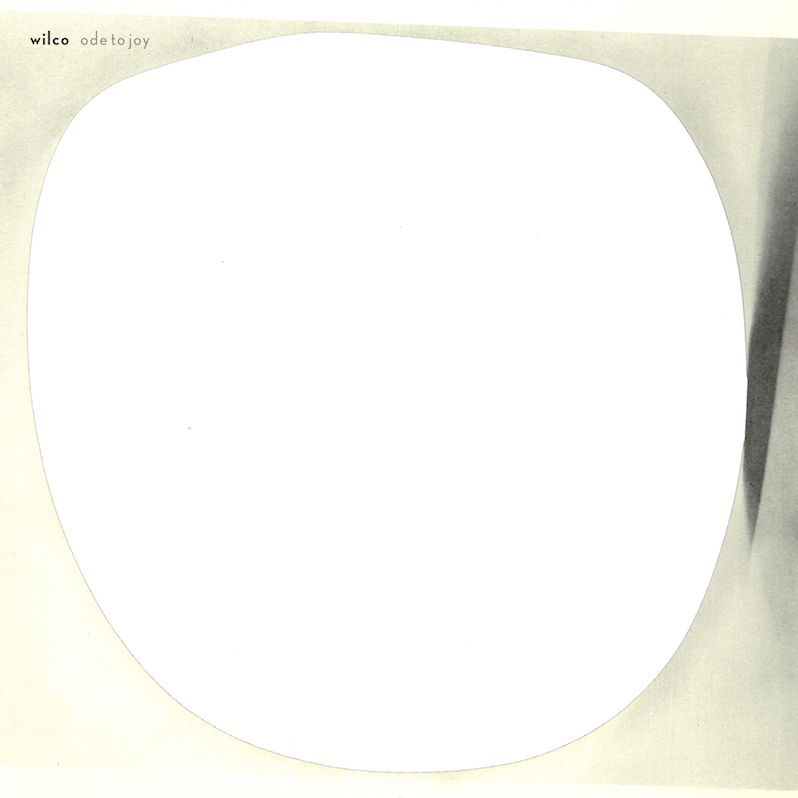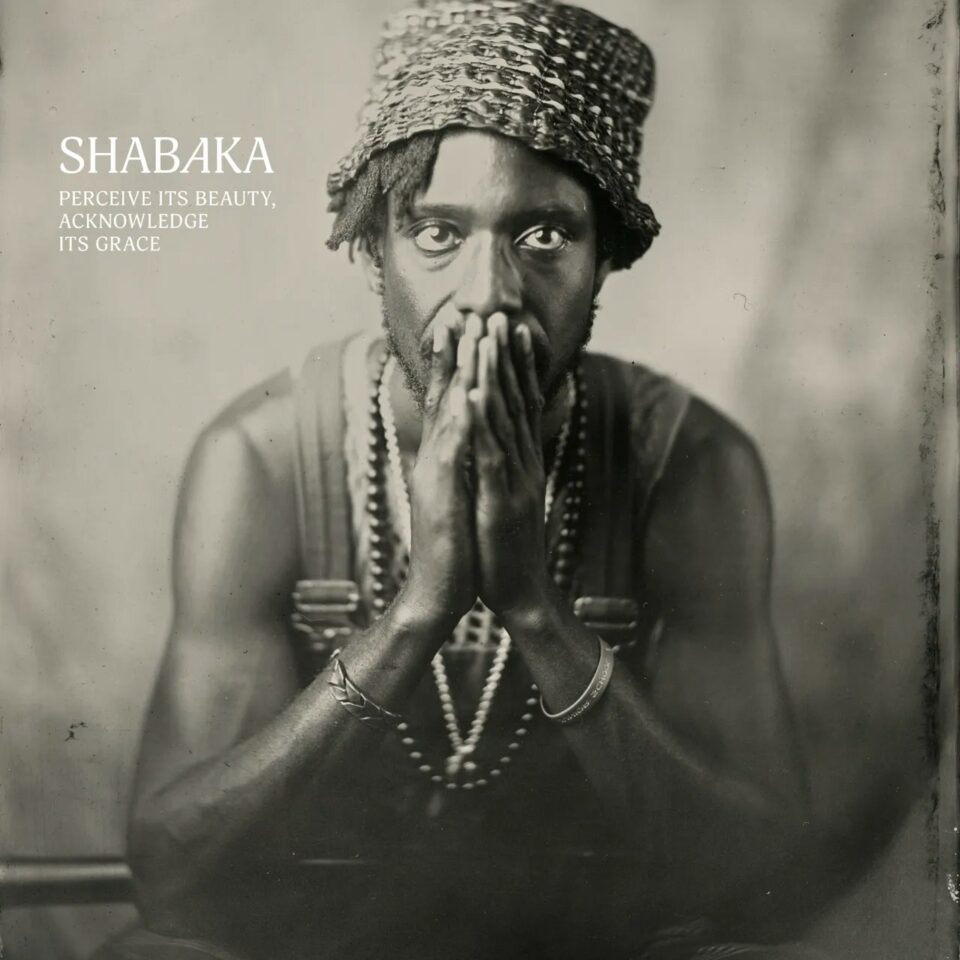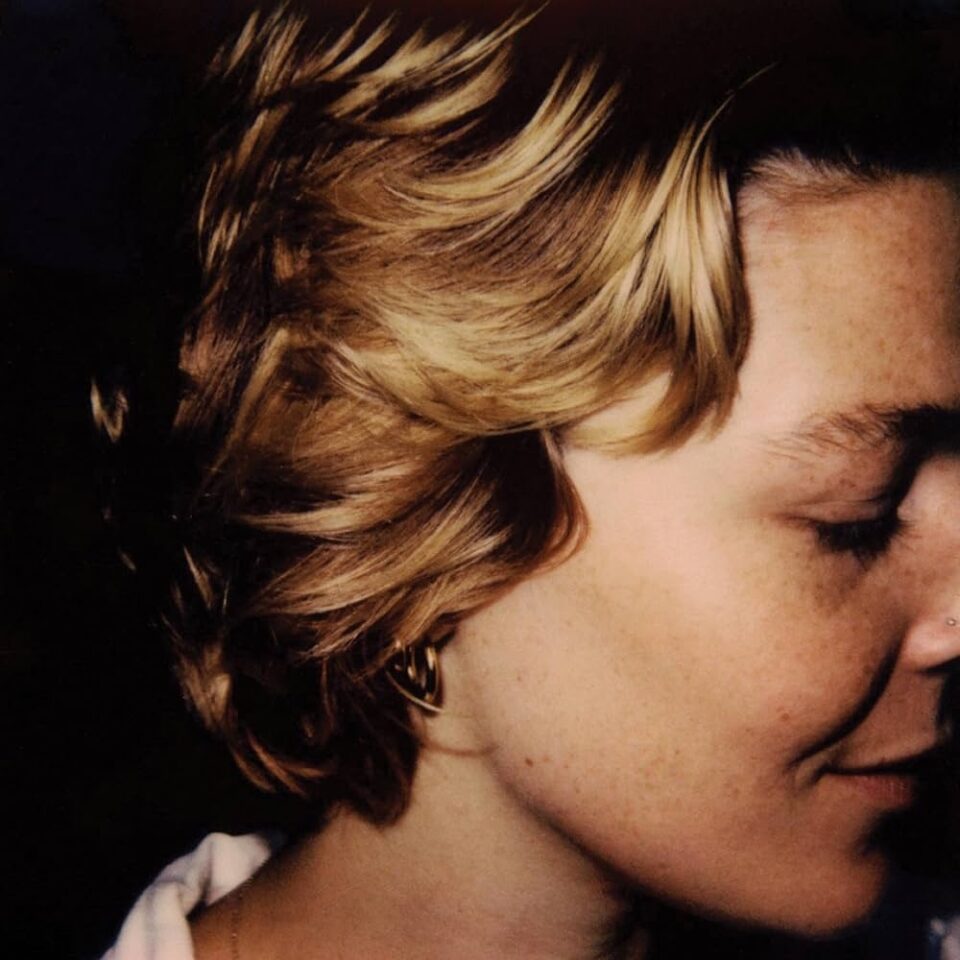Wilco 
Ode to Joy
DBPM
8/10
“I’m freaking the fuck out / I’ll try to do my best, I guess,” Jeff Tweedy sings near the end of Wilco’s Ode to Joy. It’s a line indicative of Tweedy’s headspace, at once cognizant of his problems and, in the end, not particularly troubled by them. He feels guilty about his own perceived mistakes, fearful of what he might lose, and well aware of the world’s escalating political unrest…and that’s OK. As overwhelming as it sounds, he’s pretty sure it’s going to work out.
This posture comes at least in part as a product of Wilco’s sheer longevity; Tweedy has been around long enough to know what a rough patch looks like and how to ride it out. Over the last year, his output has been his most forthright yet; he released an intimate solo album, WARM (followed by another one, WARMER, this year), as a companion to Let’s Go (So We Can Get Back), a memoir that touched on everything from his ugly breakup with Uncle Tupelo to an opioid addiction that threatened to derail his career. Both releases were startlingly honest, a personal cleansing that Tweedy shared with generosity.
Ode to Joy is Wilco’s eleventh studio album, and it seems informed by that maturity, which is less a newfound dimension than a deepening of the band’s growth over the past decade. Tweedy’s relative calm in the face of turmoil is the defining force underlying the record, and it’s clear from the outset: his vocals on opener “Bright Leaves” sound like they were recorded as the rest of the room was napping. The song appears to address his marriage; that topic would have been mined for something caustic and even sinister on, say, Summerteeth, but here it is marveled at for its consistency and durability, warts and all. This isn’t head-in-the-sand naiveté, but rather a calculated effort to shun the grim perspectives Wilco may once have embraced.
This is what Wilco does all throughout Ode to Joy; they’re poking at themes they’ve been poking at since the mid-1990s, but everything looks different through the prism of a band now twenty-five years older. These songs are noticeably restrained, steeped in hushed tones and hinting at chaos that rarely comes (“We Were Lucky” aside), but beneath the steely façade is something deeply felt. Wilco has thrived longer than any band should be expected to, and it’s because they have figured out a way to showcase their strengths while looking at them with fresh eyes. On Joy, tragedy is no less prevalent than before—but Wilco have decided to enjoy themselves anyway.









